Disability, Access and Functional Needs Forum
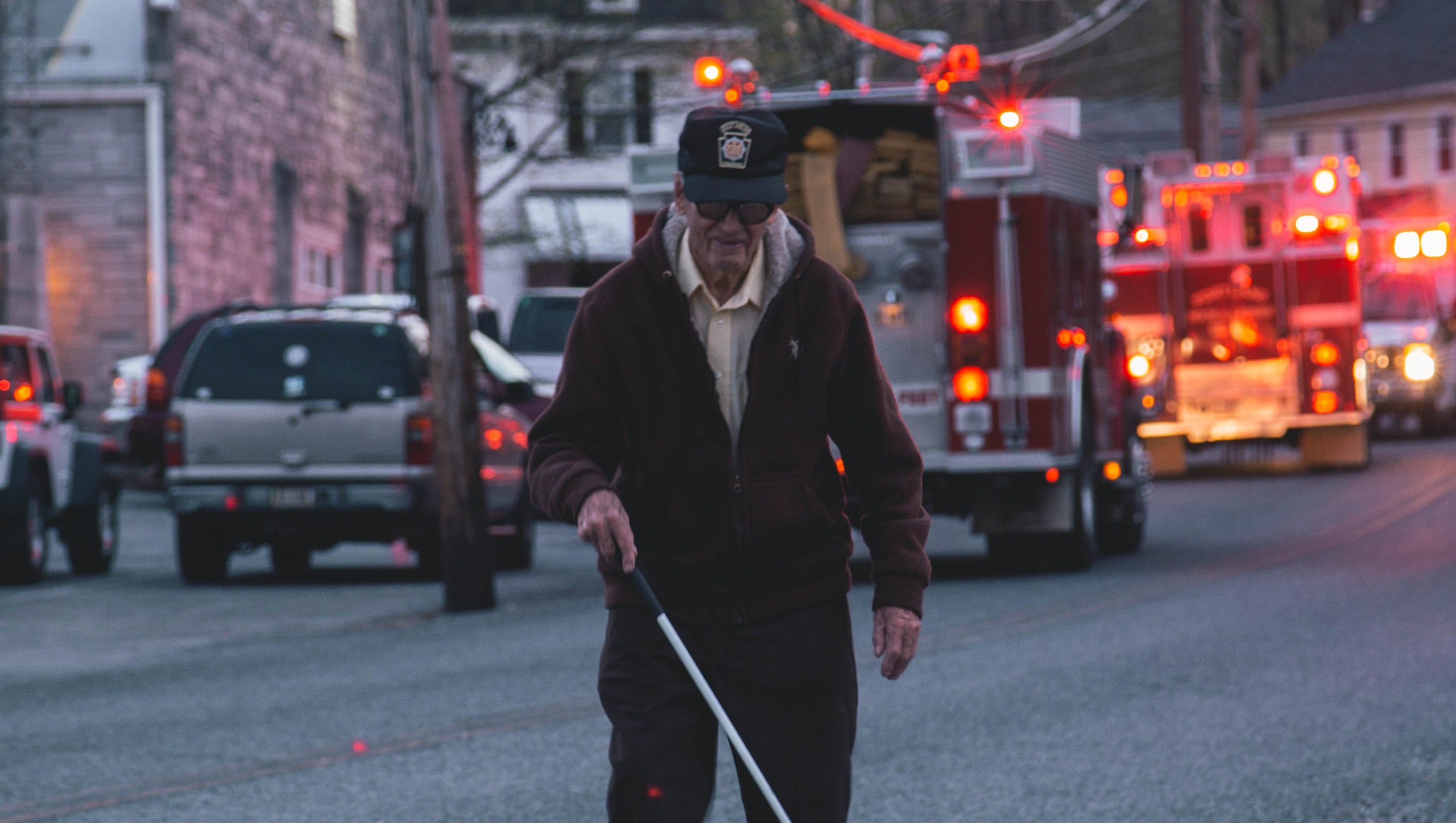
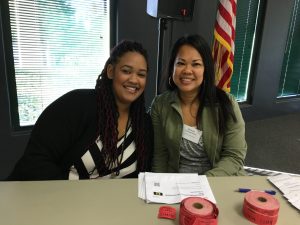
The 6th Annual Disability and Access and Functional Needs Forum was recently held at the IBEW Local 302 Union Hall in Martinez. It’s a great facility—we often hold our Tuesday evening trainings there.
We were greeted by the smiling faces of Jade Powell and Melaine Venenciano (right) from the City of Pittsburg, who also provided our morning’s baked goods, fruit salads, coffee and waters.

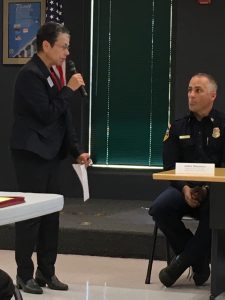
Marcelle welcomed us, thanked the IBEW for hosting this year’s event, and introduced Shelby Boston and her panel for the first session. The panel members were all from Butte County: Shelby Boston, Director of Social Services; John Messina, Assistant Chief Cal Fire; Lt. Steve Collins, Butte County Sheriff’s Office; and Cindi Dunsmoor, Office of Emergency Management.
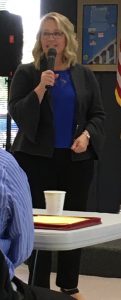
We watched 3 Days in Paradise, an hour-long documentary about the Camp Fire. The video was followed by Q&A.
Lessons learned included:
- Accept that a disaster is happening. Stay calm and things will go more smoothly. The Camp Fire was a “no notice” event, meaning it couldn’t be handled from the start.
- Three things that drive a wildfire are topography, fuel and weather. In the Camp Fire, all elements were there. We have a limited capacity to respond, and a need to maximize our options.
- Communication is important; many systems failed. Cell and Internet services were the first to go, so they used door-to-door, their Community Warning System, loudspeakers. “It takes every one of us.”
- We (civilians) need to plan and train “like our life depends on it.” Ready – Set – Go: Make sure you have defensible space around your house and a go bag ready. Be aware of disasters in your area (they may move closer very fast). If advised or instructed to evacuate, leave quickly.
- First responders and government focused on traffic and special needs. Preserving life is the highest priority. Watch for traffic ahead; this was a case where they had to send outgoing traffic down incoming lanes (called contra-flow).
- “Access and functional needs” is a very broad category that includes people with special equipment like wheelchairs or medical gear, the deaf, people with cancer, asthma, Alzheimers, undergoing dialysis, pregnant women and the elderly, and more.
- Spontaneous shelters popped up in various parking lots. They were not staffed, or the staff were untrained, leading to health problems (norovirus outbreaks, etc.). Shelby mentioned that they worked to move people from spontaneous locations to shelters where social services were better managed.
When we’re thinking about and training for scenarios, including our worst cases, the panel suggested we think 10 times larger. Disasters surprise and overwhelm. “Semper Gumbi”—always be flexible—is an appropriate state of mind.
Additional lessons:
- Get sensible insurance.
- Take personal responsibility for your safety.
- Practice your plans. Plans are very unique to each person, family, group.
- Prepare for the aftermath; the echos last much longer than you think. Post-disaster includes asking questions like where will you get replacement supplies? How do you open your business when your workers have personal disasters? What will you feel (trauma) if you see your house is no longer there?
- You may be comfortable now, but the price is too high to ignore. (If you don’t need your kit, it’s there and ready. If you do, it’s there and ready.)
The last session of our morning began with a video, The Right to be Rescued, about saving lives of people with access or functional needs. We got most of the way through the video when the local power went out, interrupting the video. Side note: a fire was started at a homeless encampment near the Amtrak trestle in Martinez. Power was interrupted as a precautionary measure. The fire was quickly extinguished, and power was back up about an hour later.
Continuing the last session, Mike Humphrey, IHSS Public Authority Manager with Sonoma County, talked about the scope of the Access and Functional Needs (AFN) population, his experience with trying to obtain generators and hotel vouchers among other requirements. He also mentioned SB-167 Housing Accountability Act as a bill to be watched.
UPDATE: We have a link to the video. Find an hour and watch to see what could happen even with the best planning that we can think of.
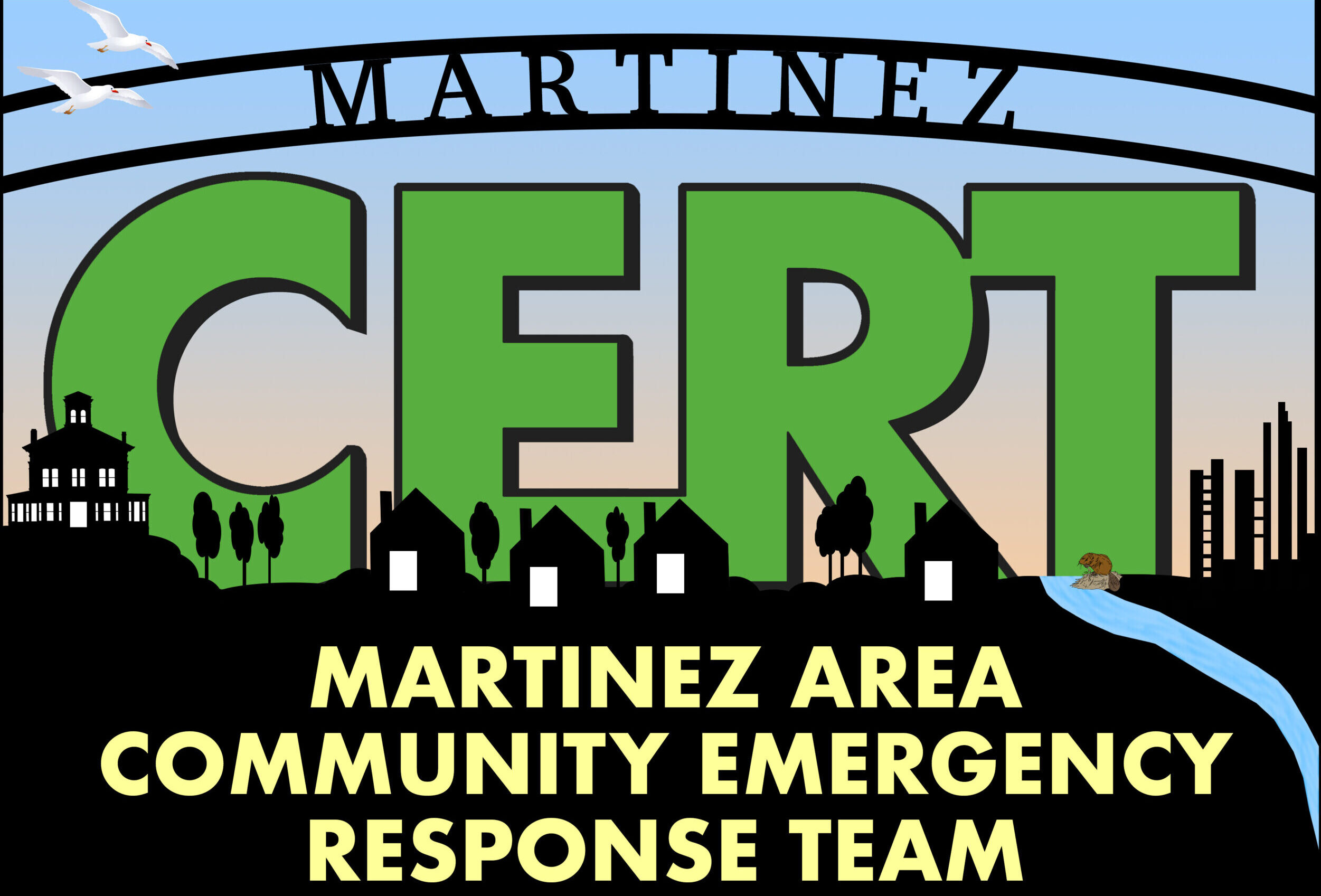
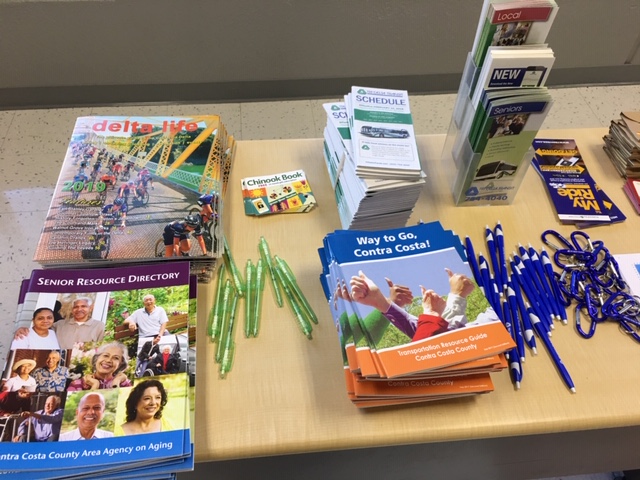
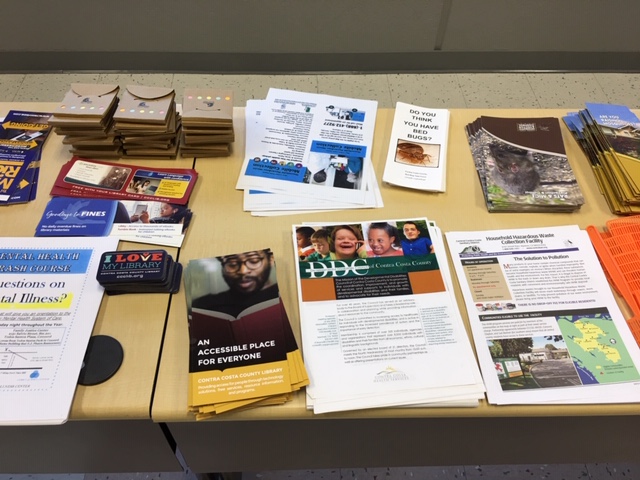
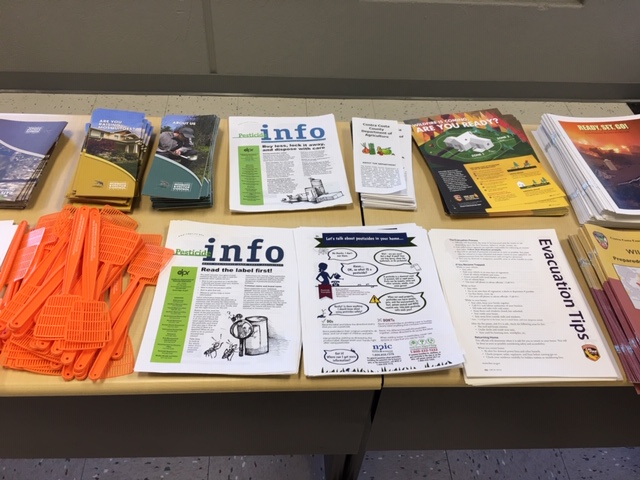
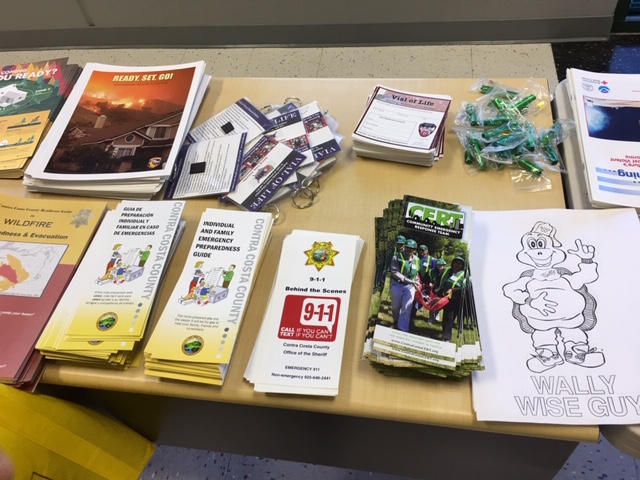
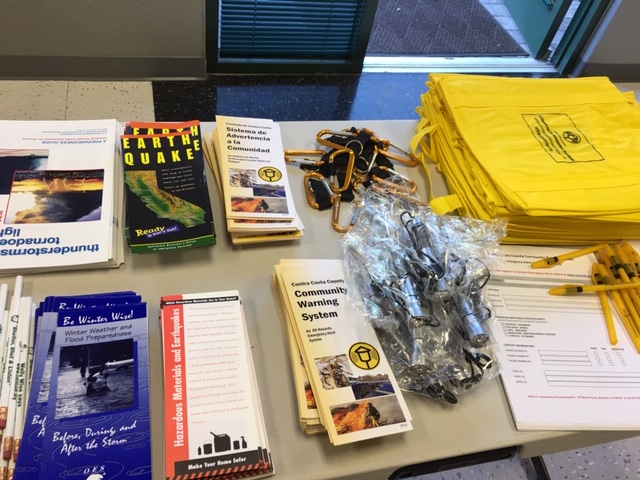
0 Comments on “Disability, Access and Functional Needs Forum”